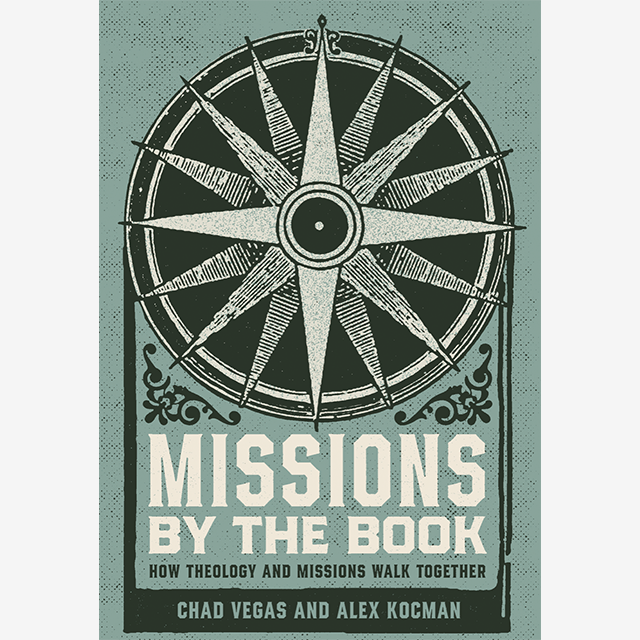“You have so much in English; we have so little in Bengali.”
It was 1968. These heavy words, spoken by a Bangladeshi woman named Basanti Das to an American missionary lying ill with a mysterious virus, hung in the thick, humid South Asian air. The Baptist mission worker, Jeannie Lockerbie, had no more than arrived when she fell ill, along with all but five of her teammates. Some were bedridden and quarantined for as long as eleven months. Basanti, a schoolteacher and translator, had come to visit Lockerbie and was eyeing her impressive bookshelf.1
Basanti’s lament haunted the missionary. William Carey, known as the father of the modern missions movement, had built his ministry in the Asian subcontinent around Scripture translation and the establishment of a printing press. Yet 175 years after Carey’s landfall, Bengali believers still faced a biblical and theological famine.
Once she recovered, Lockerbie began a literature ministry, and the team committed to translate the New Testament into the language of the nearby Tripura tribesmen. When the translation was finished, the tribal chief told the missionaries, “Now that we can understand the Bible, we have no excuse not to obey.”
God does his saving work in his world through his written Word. The accomplishment of God’s mission depends on Scripture being read, understood, and proclaimed in the heart languages of peoples from all the nations.
This is what the framers of the Westminster Confession of Faith meant in 1647 when they noted that the Bible is “to be translated into the vulgar [that is, common] language of every nation unto which they come, that, the Word of God dwelling plentifully in all, they may worship him in an acceptable manner; and, through patience and comfort of the Scriptures, may have hope.”2
Yet in our era, even Christians are tempted to question the centrality of Scripture. In the United States, a prominent evangelical multi site church pastor, whose weekly attendees total more than forty thousand people, preached in 2018 that we must “unhitch” ourselves from the Old Testament and argued that the maxim “‘for the Bible tells me so’. . . is where our trouble began.”3
Similar problems plague the mission field. Translations of the New Testament only outnumber translations of the whole Bible (both testaments) by about 2.6 to 1.4.4 Worse, a growing number of Muslim Idiom Bible translations (MITs) intentionally remove or redefine terms like “Son of God” in an effort to encourage Muslims to “convert” to Christ without transgressing the formal boundaries of Islamic religious identity.5
Wherever we turn, the Bible is under attack—even from within the ranks of Christian workers. Yet we cannot even begin to approach the missionary task without a rich understanding of and reverent awe for the written Word of God.
1. For the full story, see Loren Skinker, “All Things for Good,” Message Magazine (volume 68, issue 2), July 2020, 17-18.
2. Westminster Confession of Faith 1.8.
3. Andy Stanley, “Aftermath, Part 3: Not Difficult // Andy Stanley,” YouTube video, 39:44, April 30, 2018.
5. One example is the “translation” titled The True Meaning of the Gospel and Acts in Arabic, ed. Mazhar Mallouhi (Beirut, Lebanon: Dar Al Farabi, 2008). This translation, for instance, butchers Matthew 28:19’s injunction to “[baptize] in the name of the Father and of the Son and of the Holy Spirit” into: “cleanse them with water in the name of God and His Messiah and His Holy Spirit.” See David Harriman, “Epilogue: Force Majeure: Ethics and Encounters in an Era of Extreme Contextualization,” in Muslim Conversions to Christ, eds. Ayman Ibrahim and Ant Greenham (New York: Peter Lang, 2018), 491.
Editor’s Note: This article is an excerpt from the first chapter of Missions by the Book by Chad Vegas and Alex Kocman (Founders, 2021). Used with permission.

Download the first chapter of Missions By The Book for FREE. Learn about the relationship between missions and theology and read what inspired current missionaries during these difficult times.




